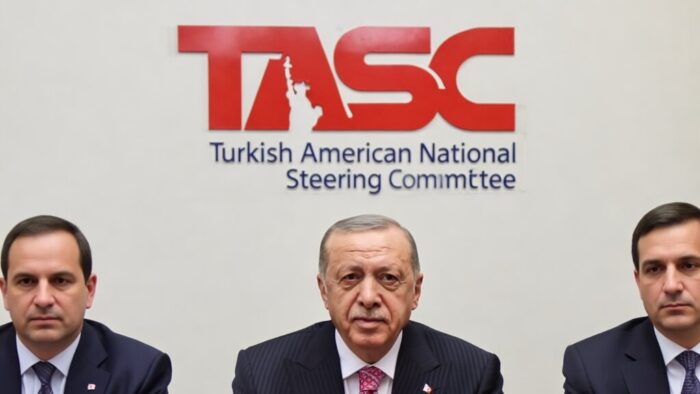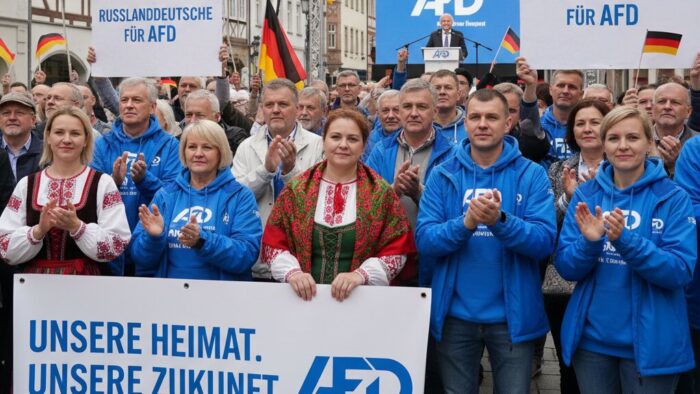German media is reporting that on 17 January 2023, the German Federal Constitutional Court in Karlsruhe rejected an appeal by the State of Berlin against a prior judgment by the Federal Labor Court saying that the German capital cannot ban teachers from wearing headscarves across the board. The verdict calls into question the state’s neutrality law. According to an article by WELT:
The state of Berlin must not ban teachers from wearing headscarves across the board. The Federal Constitutional Court did not accept an appeal by the State of Berlin against a corresponding judgment by the Federal Labor Court. […] This calls into question the controversial neutrality law, which also enshrines the headscarf ban.
Read the rest here.
In August 2020, the Federal Labor Court awarded a Muslim woman not accepted into the school service due to her headscarf financial compensation of around 5,200 euros, finding she had been discriminated against because of her religion.
The Berlin neutrality law, which has been in effect since 2005, largely prohibits wearing religious symbols in parts of the public service, especially in the judiciary and education. The law has been mainly criticized by left-wing political parties and Muslim advocacy groups. In a 2021 interview with German media, Aliyeh Yegane Arani, an Expert Committee member of the CLAIM Allianz, said that the law was often wrongly interpreted and used to discriminate against students based on religion. CLAIM Allianz is an umbrella network of German Muslim advocacy groups with ties to the Global Muslim Brotherhood (GMB) in Germany.
In October 2022, the Global Influence Operations Report (GIOR) reported that, at a Berlin Senate hearing, German Muslim activist Lydia Nofal was among a group of experts recommending abolishing the neutrality law due to its alleged discriminatory impact. Nofal is also the Project Manager of Inssan, a Muslim advocacy group previously under surveillance by the German domestic intelligence agency and known to have ties to the GMB in Germany.










